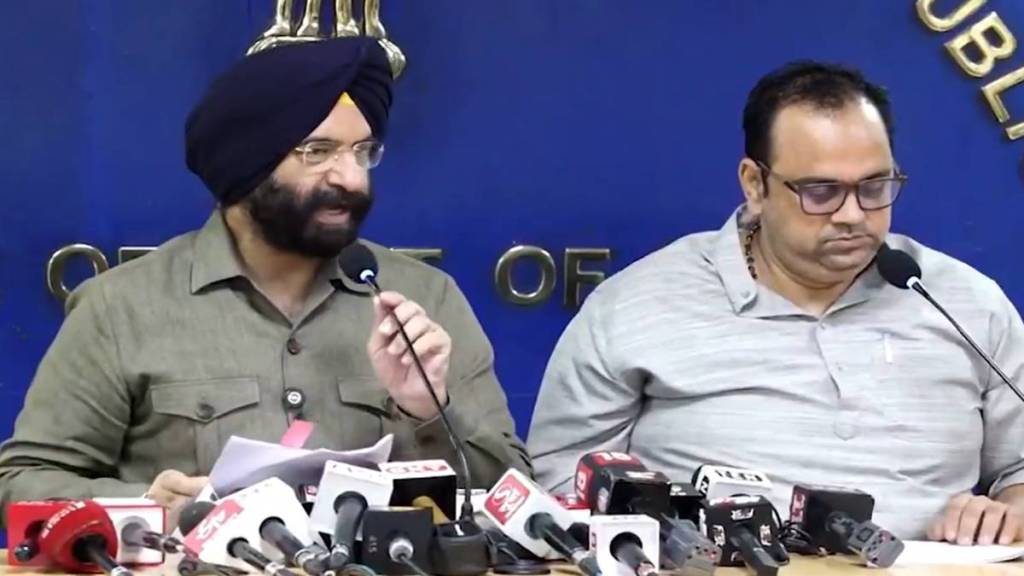Defending the decision to stop fuel supply to end-of-life vehicles in the capital, the Delhi government on Wednesday held the former Aam Aadmi Party (AAP) administration responsible for the worsening air quality and regulatory action now underway.
Environment Minister Manjinder Singh Sirsa has made a direct attack on the previous government headed by Arvind Kejriwal. He stated, “There was a disease called AAP in Delhi. This is as per the orders of the NGT. The current situation is only because of AAP. They could not defend against this order.”
Ministers cite long-standing directives from the NGT and SC
Sirsa, along with Transport Minister Pankaj Singh, clarified that the fuel restrictions were not a sudden or arbitrary decision. It has been taken based on the series of orders issued by the National Green Tribunal (NGT) starting in 2014 and was backed by a Supreme Court ruling in 2018. These directives ban petrol vehicles that are older than 15 years and diesel ones that are older than 10 years from operating in Delhi because of their impact on pollution.
Sirsa further added, “The previous regime chose to ignore repeated warnings. As a result, Delhi’s air worsened and courts had to step in again and gain”. He also stated that other cities like Mumbai, Bengaluru, and Chennai had not needed such a strict implementation. “Such conditions were never imposed in any other stated capital. This is only in Delhi, which is because of Arvind Kejriwal’s APP,” he claimed.
The transport minister, Singh, also added, “This is not a blame game. It is the consequence of the previous government’s inaction on pollution.”
The APP has firmly opposed the decision, terming it a “Tughlaqi” decision. The party alleges that the order to remove nearly 60 lakh old vehicles from the roads is to help the auto manufacturers. Atishi, leader of the Opposition, also blamed the BJP for collaborating with the auto industry and demanded clarity in political donations.
Sirsa stated that the government would soon submit a report to the Commission for Air Quality Management (CAQM), underlining enforcement and pollution mitigation efforts.


